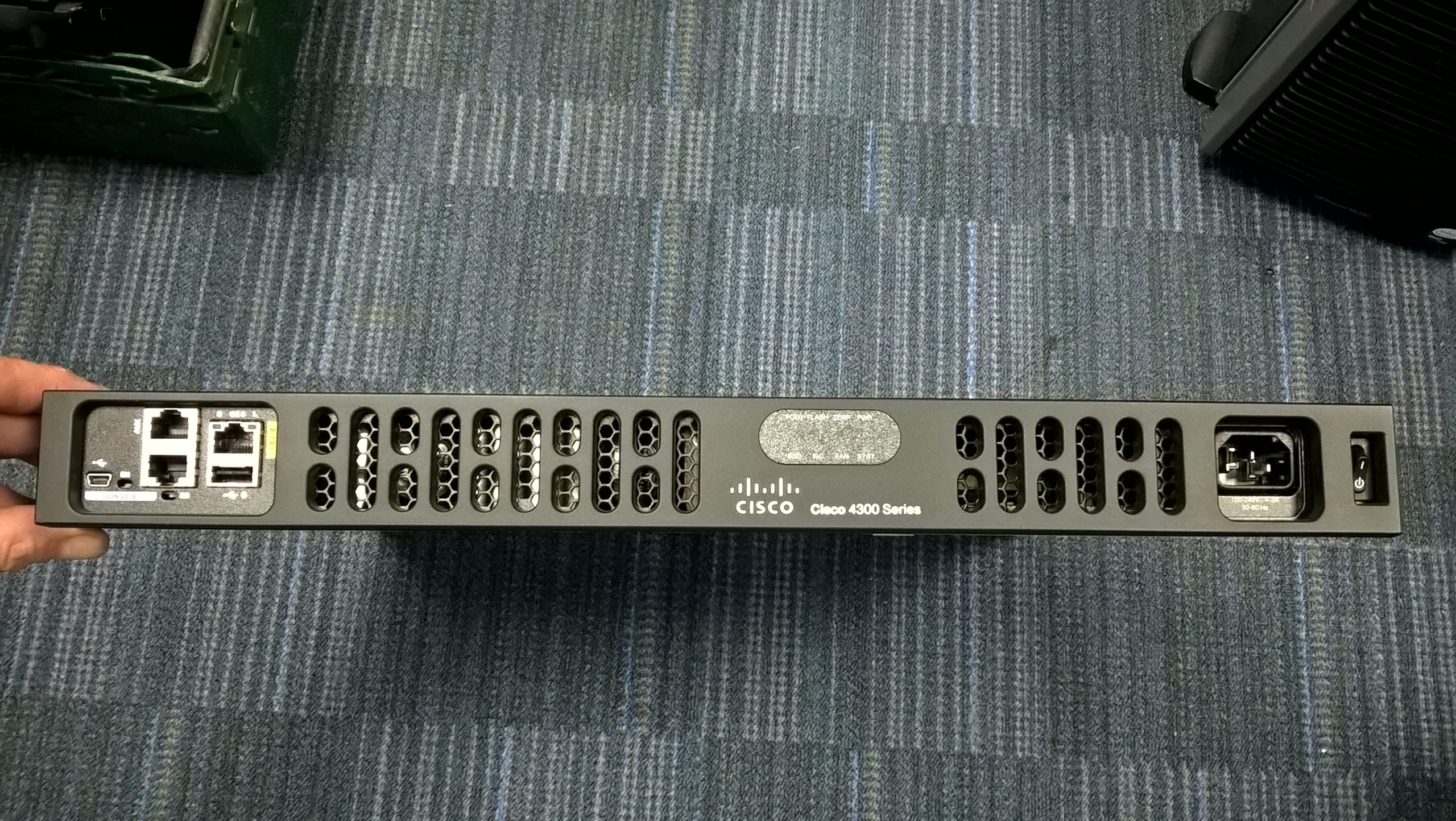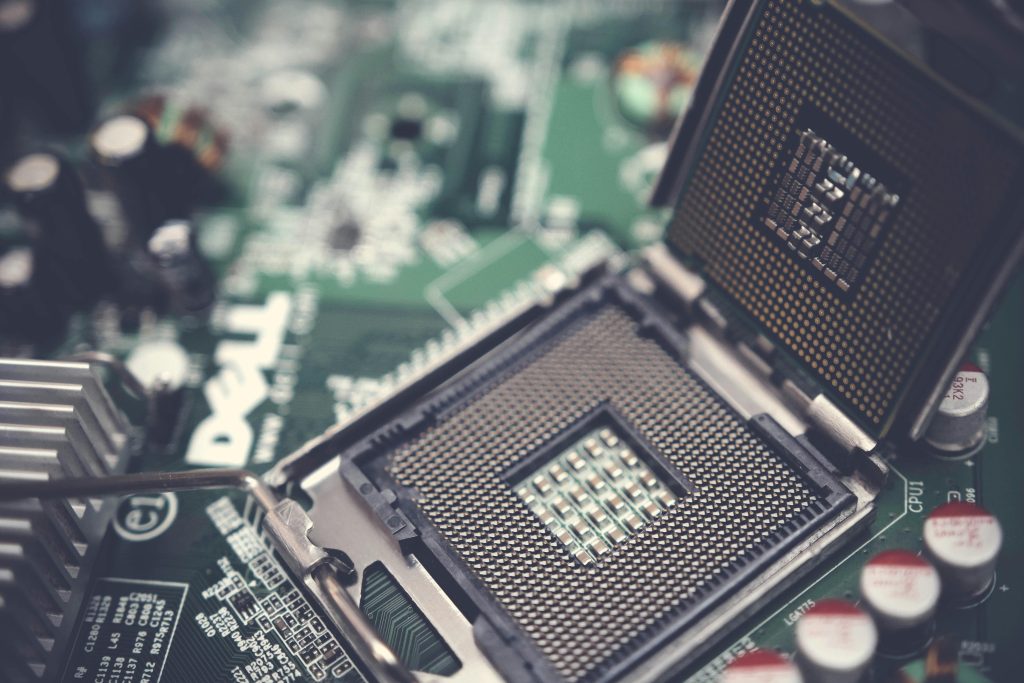Is My PC Safe to Boot After Seeing a Spark? What You Need to Know
Encountering technical issues with your computer can be stressful, especially when potential electrical malfunctions are involved. Recently, I experienced a concerning situation that has left me questioning the safety of my setup.
Earlier today, I accidentally nudged the headphone jack on my PC, which, at the moment, seemed harmless. However, a few hours later, my computer mysteriously shut down. This was not a standard reboot; it was as if the power just disappeared—my keyboard and RGB lights went dark, prompting me to power off the unit using the switch.
After this unexpected shutdown, I noticed difficulty booting up my PC. I decided to unplug it completely from the power strip to reset the system. Upon reconnecting and powering it on again, a sudden pop accompanied by a small spark erupted from around the power supply unit (PSU). The cause of the spark is uncertain, and it raised serious concerns about my PC’s safety.
What Should You Do?
Experiencing a spark from your computer is never a good sign and requires immediate attention. Here are some steps you might consider if you find yourself in a similar situation:
-
Turn Off and Unplug: If you see or hear anything unusual, immediately turn off your computer and unplug it from the power source. This can prevent further damage.
-
Inspect for Damage: Once disconnected, carefully inspect the power supply and surrounding components for any visible signs of damage, burn marks, or melted plastic.
-
Consult a Professional: If you’re not familiar with hardware repairs, it’s prudent to reach out to a technician. Electrical issues can be complex and handling them improperly can lead to additional risks.
-
Avoid Booting Up: Until you can ascertain the cause of the spark, it’s best to refrain from trying to turn your computer back on. Continuing to operate a malfunctioning unit could lead to further damage or even pose a safety hazard.
-
Consider System Assessment: If the power supply is compromised, it might be wise to replace it or have it professionally assessed.
In any case, it’s better to err on the side of caution. Understanding the potential risks involved with your PC hardware can help you prevent future issues and ensure a safer computing experience.
Share this content:



